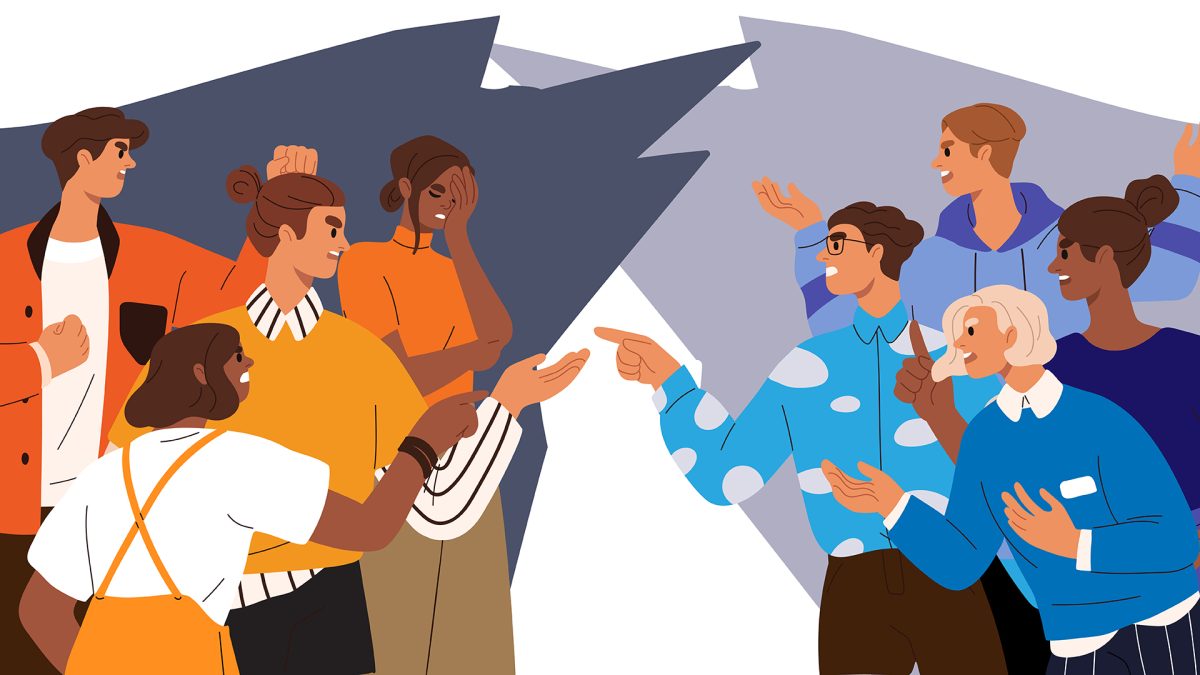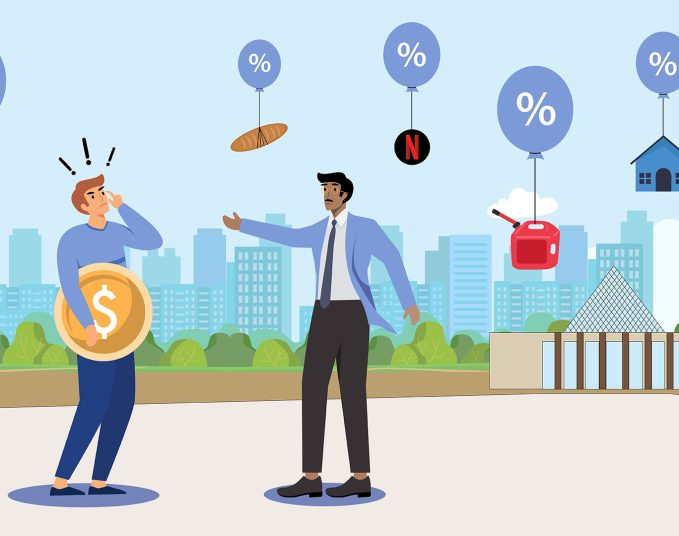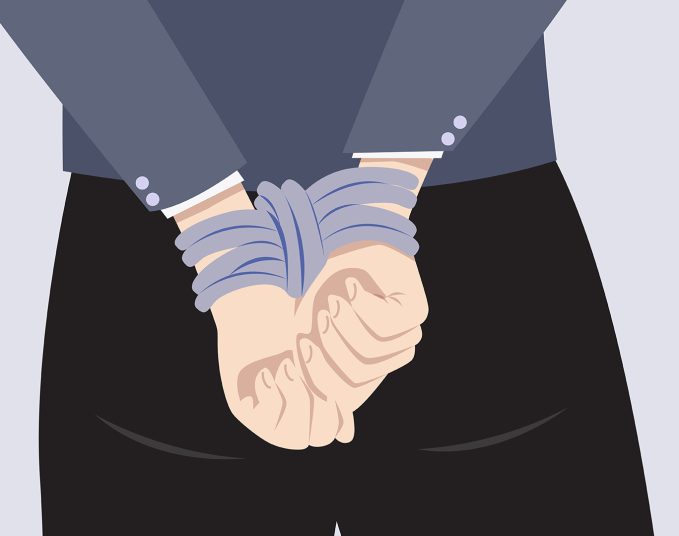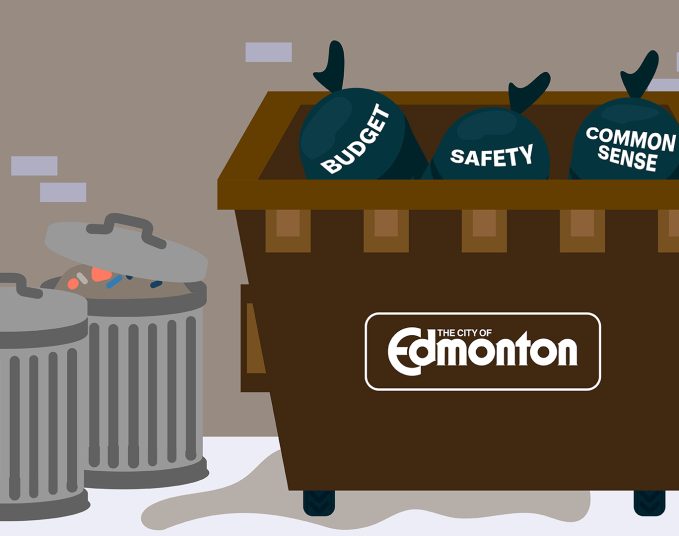When people tell me that they’re heavily into politics, but don’t like sports (or vice versa), one word comes to mind.
Liar.
OK, maybe “liar” is too strong a word to use for the purpose of this column. There’s a chance that the political junkie thinks he or she hates sports, but really just hasn’t got into sports, yet.
The two things, especially in our modern democracy, are so very much alike. People blindly support political parties like they support sports teams. There are people who base their identities on the party they support, no matter the policy. Is that any different than the Oilers fan parading around in orange face paint, despite hearing word that the team is embroiled in a legal battle with an organization that helps the homeless?
And politicos are obsessed with polls and projections; is that any different than the baseball junkies who know that WAR doesn’t mean an armed conflict, but the measure of wins above replacement?
And, have you listened to CBC’s At Issue lately? It’s not much different than the NBA on TNT’s famous halftime show? Shaquille O’Neal or Chantal Hébert? Take your pick.
Canadian municipalities had been somewhat sheltered from this, because political parties don’t exist at their level, at least formally. I write “somewhat,” because to suggest that city councils are totally immune to the pressures of partisan politics is patently ridiculous. In Edmonton, we have a mayor who is a former Liberal cabinet minister. We have a city council that calls out the provincial government on a regular basis, as did the council before. And, in the 2021 municipal election campaign, Ward Papastew winner Michael Janz signage was covered in NDP orange, and he openly talked about playing up the anti-Tory sentiment in his community.
None of this is any way nefarious. But, without making that very clear statement, the rest of this column would come off as the pot calling a kettle black.
The UCP’s Bill 20 would see political parties allowed in Calgary and Edmonton, as a trial project. I am not sure how you can close that Pandora’s box once it’s been opened, but if they call it a pilot project, I am journalistically obligated to call it a pilot project.
It did not take long for the Jeffrey Hansen-Carlson TAPYeg movement to announce plans to field candidates in the next municipal election. That was something that Hansen-Carlson was non-committal about when the TAPYeg movement went public.
What I think we need to think about is what City Hall could look like years down the road, in a future where the 12 councillors seats and one mayoral seat are partially or fully occupied by partisan political candidates.
While federal and provincial issues have been partisan issues since the 19th century, cities work on a case-by-case basis. While you can get a general idea of the political leanings of each and every councillor, they can also surprise you.
There have been more than a few times where a councillor votes in a way I totally did not expect him or her to do. Just because the mayor voted against project A, it doesn’t necessarily mean the mayor won’t support project B.
Issues are debated in the various committees before they are brought to council. Members of the public can speak to these issues at committee, or at public hearings convened by council. Sure, I can snicker about how the days upon days worth of commenters on the new zoning bylaw felt like an extended Parks and Recreation episode, but the principle of Joe Public being able to look councillors in the eye is important.
How would parties affect this? Well, the thing is, if you head to council, trying to convince the members why widening a road near your home will negatively affect your neighbourhood, you’re speaking to them on a person-to-person level. You are trying to make your point to them, one-by-one. But, when a group’s votes are tied together, you have to work a bloc, and that’s not easy for a lone citizen or a community group to do. That’s why lobbyists populate the provincial legislatures and federal parliament like ants on a shit pile. When was the last time a lone citizen could go to an MLA and MP and really feel heard?
If you go to committee or a council public hearing, you get five minutes to speak. Speak concisely, and you’ll get your point across. After that, you can respond to councillors’ questions about what you presented. I find that the councillors are pretty intuitive; if they sense there’s a point you didn’t get to make in your five minutes, they’ll ask a question that will allow you to address said point.
This is a process that’s evolved in a party-less council chamber. But political parties lead to political bloat. Just as sports leagues expand and expand, political parties lead to more lobbyists, analysts, pollsters, more Wards and red tape. If we want to see our City Hall spend less, is allowing political parties going to only lead us on a road where we spend more?
Savvy AF. Blunt AF. Edmonton AF.




